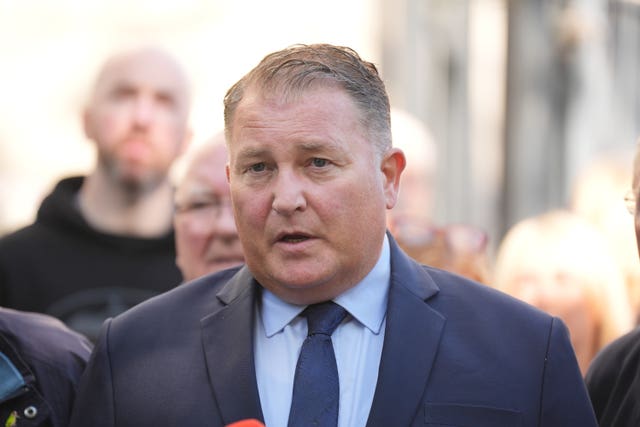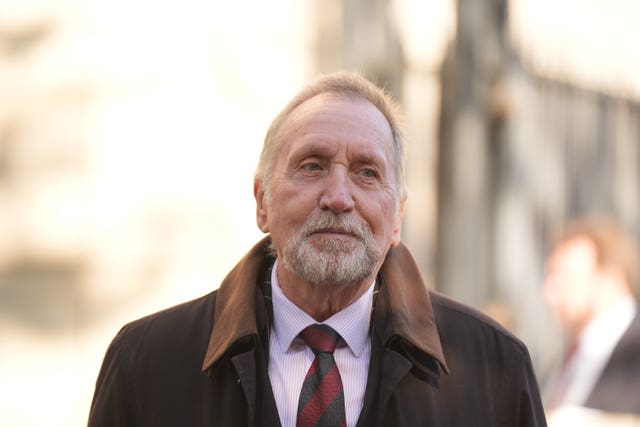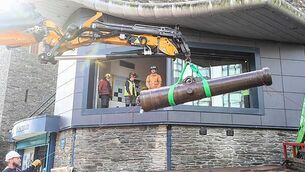Judge rules that ‘decisive’ statement evidence can be heard in Soldier F trial
By Rebecca Black and David Young, PA
A judge has ruled that key hearsay evidence in the trial of a former paratrooper accused of two murders on Bloody Sunday can be admitted as evidence in his trial.
Judge Patrick Lynch, who is presiding over the non-jury trial at Belfast Crown Court, granted an application by the prosecution to admit a number of statements made by other soldiers on the ground during the shootings in Derry on January 30th 1972.
These statements include claims that the accused veteran, known as Soldier F, fired shots in the courtyard where the two men he is accused of killing were shot.
In making the application at Belfast Crown Court last week, the prosecution had characterised the evidence as “decisive” to the case.
Members of the Parachute Regiment shot dead 13 civilians in Derry on Bloody Sunday after a civil rights march.
Soldier F, who cannot be identified, is accused of murdering James Wray and William McKinney.
He is also charged with five attempted murders during the incident in the city’s Bogside area, namely of Joseph Friel, Michael Quinn, Joe Mahon, Patrick O’Donnell and a person unknown.
He has pleaded not guilty to the seven counts.
Last week, prosecution barrister Louis Mably KC argued that statements given by soldiers G and H to the Royal Military Police (RMP) on the night of the shootings, and to the Widgery Tribunal in 1972, are the only evidence “capable of proving” Soldier F fired his rifle at civilians in Glenfada Park North.
“This is decisive evidence,” he told the court.
Defence barrister Mark Mulholland KC, acting for Soldier F, argued against the application to admit the hearsay evidence, describing the contents of the statements as “contradictory, unreliable and inadmissible”.

Delivering his ruling at Belfast Crown Court on Wednesday morning, Judge Patrick Lynch said the prosecution has acknowledged it is “totally dependant” upon the hearsay statements by soldiers G and H.
But that the defence challenged the admissibility of those statements, arguing they do not meet the requirements of admissibility.
The judge said it would be “inappropriate at this stage to give reasons for my decision”.
“I am not only Judge in relation to legal issues but also the tribunal of fact, with the ultimate responsibility of determining guilt or innocence based upon such facts as I decide have been proven to the criminal standard, that is beyond reasonable doubt,” he said.
“I shall therefore not give reasons at this stage for the admission of the statements but shall do so in due course, if necessary.”
The trial is set to sit again on Friday when a timetable will be agreed to hearing the remaining evidence.

This evidence will include statements by men who were shot but survived the incident, as well as eye witnesses.
Speaking outside court, solicitor Ciaran Shiels, who supports the Bloody Sunday families, welcomed the ruling.
“The admission of this evidence has been described as decisive evidence,” he said.
“The families are very pleased that the judge saw merit in the prosecution’s submissions. They welcome very much the judgment and they look forward to the evidence starting to be called.”
Meanwhile Paul Young of the Northern Ireland Veterans Movement expressed disappointment following the ruling in a brief statement.
“The decision today will be met with great disappointment by the veterans who served in Northern Ireland,” he said.




